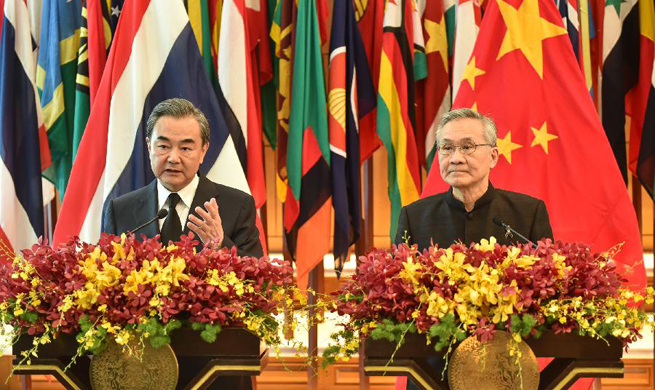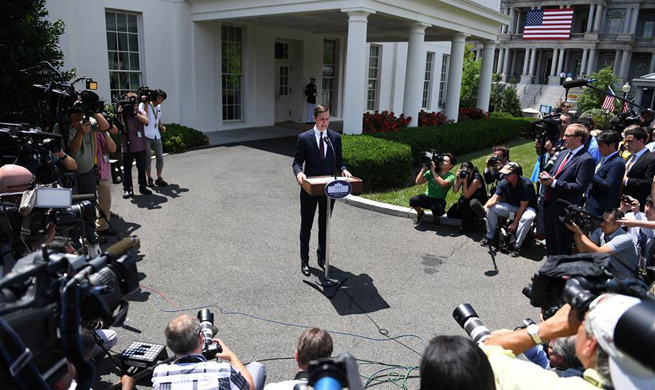BERLIN, July 25 (Xinhua) -- Around 30 percent of German voters espouse populist views, a study published on Tuesday by the Bertelsmann Foundation found.
Nevertheless, the study authors saw little cause for alarm and emphasized that members of this group still adopted positions which were better characterized as moderate rather than radical.
"They do not reject the institutions of democracy or the European Union in principle, but instead criticize their functioning," it said.
Amongst the group identified as populists, more than two thirds (69 percent) still approved Germany's membership of the European Union, and 85 percent were in favor of democracy as a political system.
The arrival of more than one million refugees in Germany since 2015 was the topic which was most likely to mobilize populists. Environmental issues had the lowest saliency for the group.
"Populists in Germany are often disappointed democrats -- but not radical enemies of democracy," study author Robert Vehrkamp said in summary of his findings.
For the overwhelming majority of the electorate populist positions were not decisive in determining for whom to cast their vote for. 36.9 percent of respondents rejected populist positions, while 33.9 percent only partially agreed with them.
As a consequence, "running after populist extreme positions during election campaigning" was not an attractive or promising strategy for established parties, Vehrkamp said.
The opinion research institute Infratest dimap surveyed more than 16,000 eligible voters three times between July 2015 and March 2017 on behalf of the Bertelsmann Foundation.
Respondents were asked to indicate in how far they agreed with eight "anti-pluralist, anti-establishment and pro popular sovereignty" statements. These dealt with topics such as the role of the will of the people in politics and criticism of the political establishment.
Only those who agreed with all eight statements were defined as populists.
Respondents who identified as supporters of the conservative Christian Democratic Union (CDU) party held the least populist views. Only 20 percent of CDU supporters were defined as populist by study's definition.
In contrast, supporters of the far-right Alternative for Germany (AfD) party were within the populist camp, with a share of roughly 60 percent.
According to the study, voters with populist views are found across the entirety of the political spectrum, although there was a concentration thereof among individuals with right-wing ideological views.
Additionally, social status was a strong predictor of whether voters adopted populist positions. The lower respondents' income and education levels were, the likelier they were to be populists.
Germans will elect a new federal parliament in national elections this September.

















